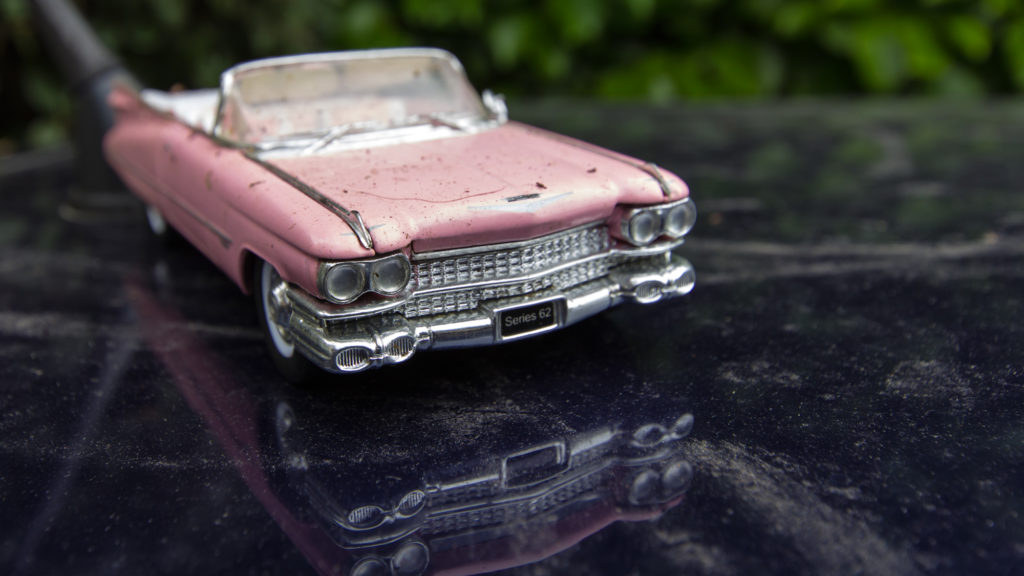Surplus
You instinctively know how to gauge restaurant sizes or bus capacity by seat count rather than floor area. But would you buy farmland by the hectare or the number of goats it can support? We humans make value assessments in our personal lives all day long and rarely pause to question if the way we do it is appropriate.

Some argue that economic policy across the nations of the world has been politicised. Looking at how national budgets are set, it seems to me that pseudo-science is often co-opted to make the political choices appear workable. At the core is a belief that nations must trade to exist. But we forget at our peril that trade is based on surplus. What would happen if the environment become unable to sustain surpluses? Would trade cease? Would there be another land grab as described in The Scramble for Africa? If the potential for shortages was ever acknowledged, perhaps we’d realise that a carbon based taxation system might run out of the carbon that fuels it. The slogan that There is no Planet B might take on a different complexion.
Thirty goats might trump four hectares as a measure of the land. As the competition for land for food or feed intensifies, surely goats and other animals must be spared the suffering and indignity of their inefficient conversion of plant energy to meat. There will be a transition so pity the poultry knowing that it takes less feed to create a kilogram of chicken than a kilo of beef.
Floors
These are some of the things that occupied my mind today as snow fell outside and we waited to learn if our replacement flooring project met the lockdown criteria for completion now or if our joists would be exposed for several months. Our timing wasn’t ideal, the work repeatedly postponed by Covid, we allowed it start. Despite my sadly pessimistic infection forecasts, the Irish infection rate has exceeded all expectations.
We are all masked, the windows open and we sit in hats and gloves, isolated from each other by floors and employing a rigorous twice-daily cleaning/sanitising routine.
Crush
Earlier, I was modifying some settings on a camera after breakfast when I recalled how I once drove over a lens. It was about ten years ago at the end of a long day driving in the UK. I’d put the car in a narrow parking bay and was unpacking the bags from the boot when someone vacated a bigger parking bay. So I moved my car to save it from the scratches it often occasionally suffered from neighbouring careless car door openers.
The bags had camera and lenses, tripod and other accessories that I’d been using in hilly Wales. I heard a crunch as I reversed in the dark underground car park. I knew immediately that I must have left a lens on the ground when I hurriedly put most everything back in the boot. A couple of the lenses had their own cases and now I ask why lens cases are typically black. But the big question was which lens had I flattened? Could it have been at the cheap end of the range, perhaps the plasticised 50 mm. Or if I was very unlucky, it could have been a prized 70-200 mm acquired after several years of saving.
But no, it was the middle lens. It was a recent birthday present that had been crumpled beyond repair. My very nice new 10-20 mm lens was more flatfish than fisheye. I ordered a new one the next day so that no one would know and I scrimped and saved to secretly pay for it. And belatedly, I bought an extension to my camera insurance policy which I hoped would save me from my future self. I wonder why I keep the insurance just as I wonder why I keep the crushed lens in its case on the shelf behind me.
Motif
I had thought about all of this last month too. The same lens crushing memory came to mind after I drove over someone’s hearing aid.
Those pandemic masks must be a boon to opticians and audiologists the world over. I’ve certainly dislodged my own spectacles several times while taking a mask off. My glasses have hit the deck more than once. Hearing aids obviously suffer from the same dislodgements. We found the lost hearing aid under the car, imprinted with a concrete motif. The tiny hearing aid had fallen on our driveway and it would have been invisible on the conglomeratic concreted surface. Electronic hearing aids are so small that we guess that it was spared by the deep treads on the relatively new car tyres. The owner was very relieved to report that apart from the new imprints, it remained fully functional.
Caveat emptor: my daily musings may be incomplete and incorrect.

Leave a Reply